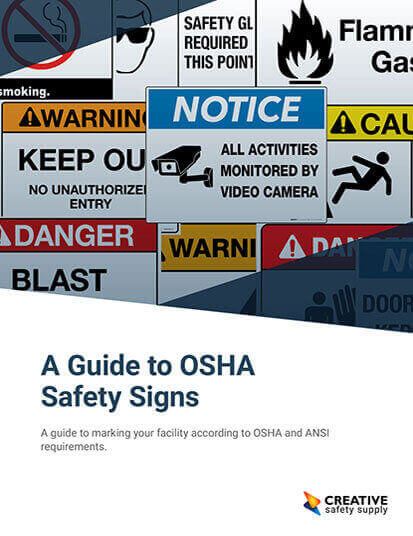
Hazardous waste is any type of waste (gas, liquid, sludge, or solid) that exhibits at least one hazardous trait: ignitability, reactivity, corrosivity, or toxicity. Hazardous waste is generated in a number of industries; motor oils are a hazardous waste of automotive shops, manufacturing facilities commonly deal with wastes from batteries, farms have to be conscious of pesticides, hospitals typically have to dispose of bodily fluid, and even offices use hazardous cleaning chemicals.
What distinguishes hazardous wastes as a special waste because common disposal methods can pose a serious threat to human health or the environment. Because of this, there are federal, local, and state laws that regulate the safe disposal of hazardous waste.
In the United States, hazardous wastes are governed by the Resource Conservation and Recovery Act. The RCRA was enacted in 1976 as an amendment to the Solid Waste Disposal Act of 1965. This federal law is a joint endeavor with the Environmental Protection Agency and the EPA provides the basic waste clean-up requirements for states to adopt and enforce. The RCRA establishes a “cradle to grave” management system for hazardous waste. This means managing hazardous waste begins with the generators, those utilizing the chemical or substance considered to be hazardous. The EPA then has a set of regulations developed with the DOT to ensure the hazardous waste is being transported safely and finally details what wastes can be recycled and what wastes should be left in a landfill
OSHA's Hazardous Waste Standards
The most important OSHA standard related to hazardous waste is known as the HAZWOPER regulation. HAZWOPER, which can be found under standard number 1910.120, is the regulatory standard for hazardous waste operations and emergency response. OSHA’s HAZWOPER standard has three types of training: emergency response, clean-up, and storage/disposal/treatment. Training requirements varies between types of workers, but all HAZWOPER training covers hazards presently on site, the use of personal protective equipment, hazard controls, and includes on-the-field experience.
Safety managers and employers will need to check with local and state regulations to ensure compliance. If hazardous waste operations are not kept updated or are improperly managed, human health and the surrounding environment are at serious risk.
Similar Glossary Terms
- HAZWOPER
- HazMat
- OSHA
- Safety Data Sheets (SDS)
- OSHA 1910.132 Personal Protective Equipment (PPE)
- Compliance Officer
- Regulatory Compliance
- Health Hazard
- MSDS


